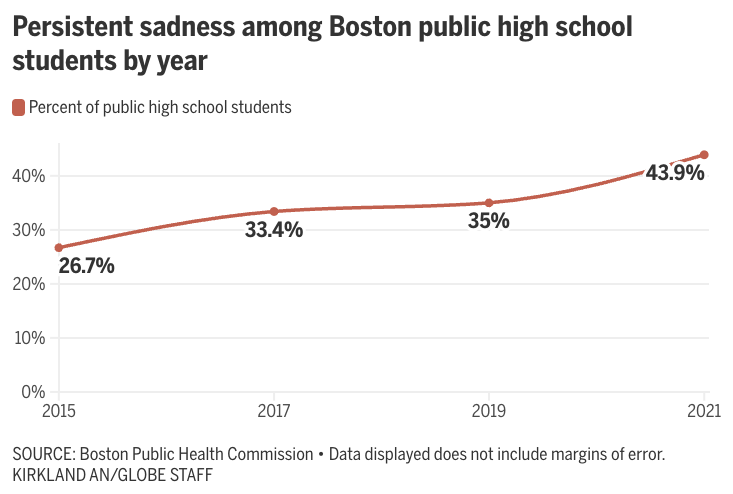A study from the Boson Public Health Commission, Health of Boston 2024 Mental Health Report, states that more than one in three Boston public high school students reported experiencing persistent sadness for two weeks or more. For children and teens who have experienced the loss of a close family member, feelings of sadness, hopelessness, and isolation may be heightened. Daily environments such as schools, after-school programs, and residential settings offer comfort and stability.
The Children’s Room addresses the unique needs of these young individuals by providing supportive grief peer support groups within these settings, empowering them to navigate their emotional journeys at their own pace. In the past year, we have expanded our reach by collaborating with 15 school and community-based agencies, serving 112 children and teens. These groups create a safe space where students can express and understand their grief among peers who genuinely understand their experiences.
Christine Lambright, Program Director for School and Community-Based Services, highlights these groups’ transformative power: “The students have the opportunity to take control of their grief experience, which can be empowering.” By enabling students to process grief in their own way, these groups cultivate a sense of empowerment and control that is sometimes lacking in other environments.
The impact of these services is powerfully illustrated through the students’ voices. A student from Salem High School shared, “It made me feel less alone in my experience.” Another student from Lowell reflected on the group’s supportive nature, saying, “It’s a supportive group that gives you patience. You’re in charge of what you want to talk about.” These testimonials highlight the profound sense of connection and understanding that these grief peer support groups foster.
TCR’s School and Community-Based Services ensure that grief support is accessible and equitable by integrating support within the daily environment of children and teens – without necessitating travel – thereby reaching those who need it most. Having a strong partnership with mental health professionals, including school adjustment counselors, social workers, psychologists, and guidance counselors, strengthens this approach. These dedicated professionals provide stability and consistent support for grieving students. Many also receive comprehensive training and professional consultations from The Children’s Room. Claire Blackford, Program Coordinator for Schools and Communities, emphasizes TCR’s commitment to proactive outreach. “We have an email for receiving referrals or inquiries that families, community centers, and schools can contact,” she notes. This ensures timely support is tailored to each community’s needs, reinforcing TCR’s dedication to personalized care. Christine elaborates on the collaborative nature of TCR’s services, highlighting the importance of working closely with local professionals. “We lean on their expertise about their school community and work together to tailor our services to their needs,” she explains. This partnership-driven approach enhances the effectiveness of the support provided. It fosters a more profound sense of community and shared purpose, making everyone involved feel valued and integral to the process.
As TCR continues to expand its reach and with the strength and support of our community and partners, we remain steadfast in our mission to create safe and supportive spaces for children, teens, and families so that they never have to grieve alone.




